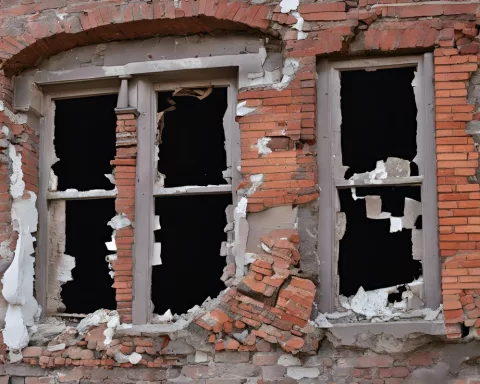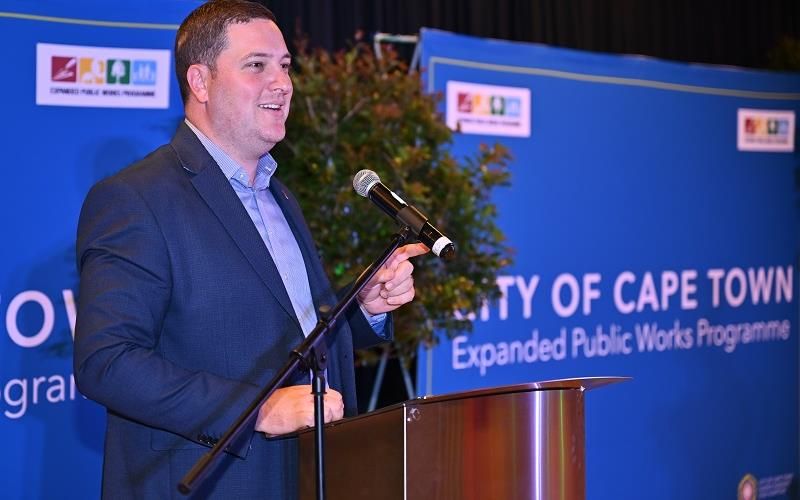Deputy Minister of Public Works and Infrastructure (DPWI), Bernice Swarts, will spearhead a three-day Imbizo in Mpumalanga Province, addressing major challenges faced by communities in the Ehlanzeni, Gert Sibande, and Nkangala districts.
A Collaborative Effort to Fast-Track Service Delivery
The Imbizo aims to accelerate service delivery and mitigate issues such as high unemployment rates, neglect and vandalism of government infrastructure, rising poverty levels, and inadequate delivery of basic services.
Hands-On Activities to Improve Local Infrastructure and Environment
The three-day Imbizo will include various hands-on activities to improve local infrastructure and the environment, such as patching potholes on roads, cleaning municipal parks and disability centers, picking up litter, and planting trees.
Schedule of Activities
The Imbizo will take place on the 8th, 9th, and 10th of June in the Ehlanzeni, Gert Sibande, and Nkangala districts, respectively. The activities planned for each day include patching roads, litter picking, tree planting, and an address by Deputy Minister Bernice Swarts.
A Proactive Approach to Addressing Socioeconomic Issues
The Imbizo led by Bernice Swarts reflects a proactive approach to addressing socioeconomic issues and serving as an example of the government’s commitment to improving citizens’ lives. By partnering with local authorities and engaging in hands-on activities that directly impact the community, the Imbizo showcases the importance of collaboration between different levels of government.
Opportunity for the Deputy Minister to Engage with Community Members
The Imbizo also serves as an opportunity for the Deputy Minister to engage with community members and gain a deeper understanding of their concerns and needs. By listening to the people’s voices, the government can better tailor its policies and initiatives to address the issues that matter most to its citizens.
A Step in the Right Direction
The three-day Imbizo in Mpumalanga’s district municipalities represents a step in the right direction for the South African government. By taking a hands-on, collaborative approach to addressing pressing socioeconomic issues, the Imbizo serves as a beacon of hope for the community members who are most affected by these challenges.












